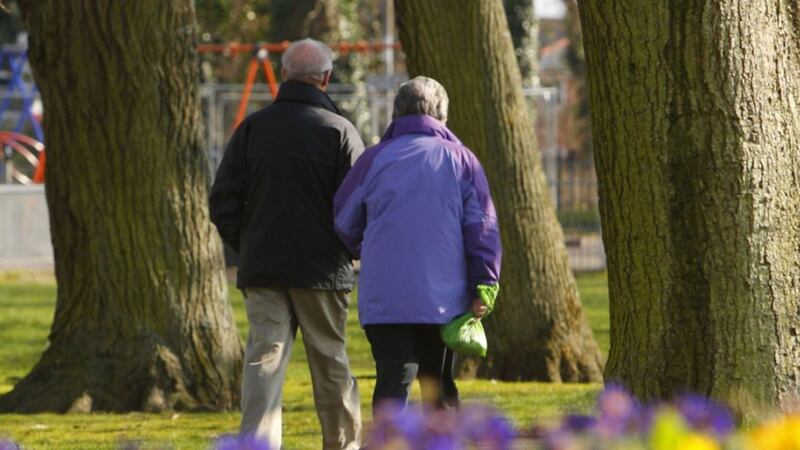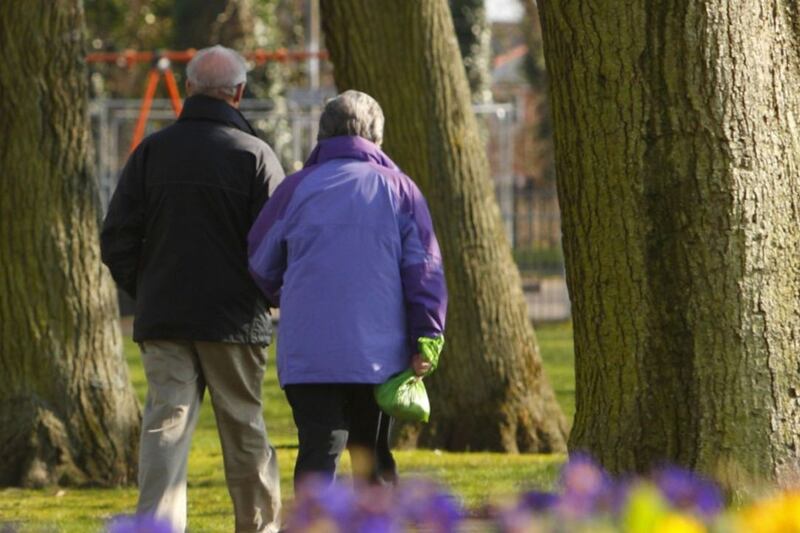Brisk walking may cut the risk of dying from cancer, even in more advanced stages of the disease, research suggests.
Two new studies presented at the world’s biggest cancer conference show that exercise could be a powerful tool, helping to slow down the disease and cut the risk of death.
According to the researchers, just 25 minutes a day of brisk walking is enough to drive improvements.
Following a healthy diet with five portions a day of fruit and vegetables and eating whole grains was also shown to help.
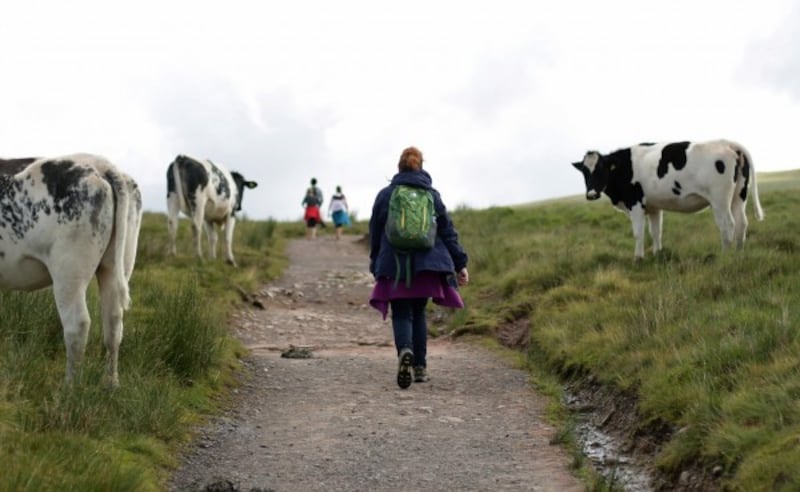
The research, presented at the American Society for Clinical Oncology (ASCO) conference in Chicago, involved patients with bowel and breast cancer.
In the first study, 337 women newly diagnosed with breast cancer who had undergone surgery to remove tumours were split into two groups.
For eight months, one group was told to follow an exercise programme of 180 minutes a week of moderate-intensity exercise.
The second group received standard care.

Over a typical follow-up of eight years, the results showed that exercise had “clear potential to influence survival”.
Those in the exercise group were around half as likely to die as those in the usual care group and less likely to have their disease progress, the study, which has not yet been published in a journal, suggested.
Sandra Haye, senior research fellow at the Queensland University of Technology, who conducted the study, said most women used walking as their most common form of exercise, with some adding resistance training – such as weights or cross trainer – into the mix.
She said studies on other cancers, such as bowel and prostate cancer, have also shown a beneficial effect of exercise.
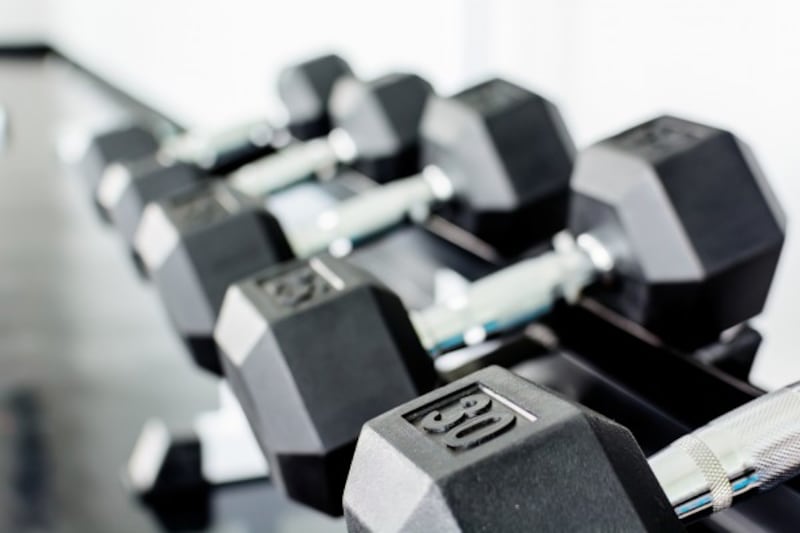
In the second study, 992 people with stage three bowel cancer that had begun to spread were assessed twice over seven years for diet and lifestyle.
Researchers looked at how closely people followed American Cancer Society guidelines on nutrition and exercise for people with cancer.
The guidelines recommend patients keep to a healthy weight, exercise at a moderate-intensity level for 150 minutes per week and eat healthy food.
The study found that compared to those people who adhered least to the guidelines, those who followed them closely had a 42% lower risk of dying and a trend towards better disease-free survival.
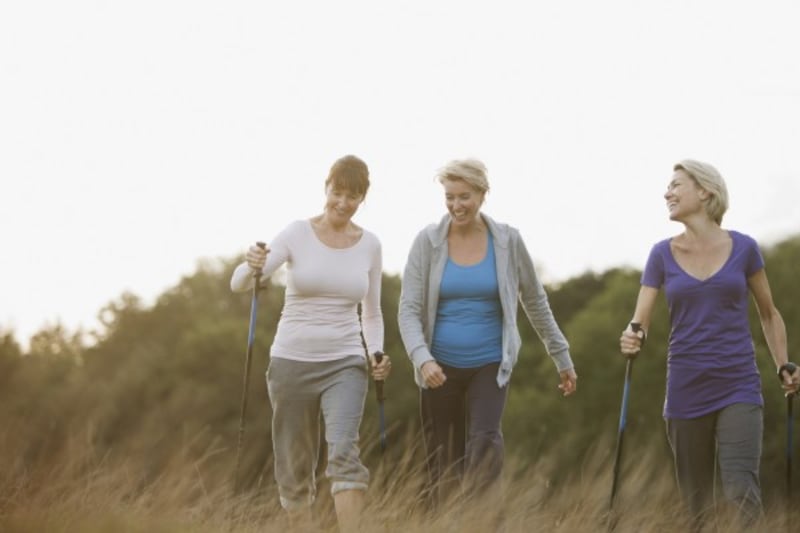
The researchers concluded: “(Bowel) cancer patients with a healthy body weight who engaged in physical activity, ate a diet high in whole grains, vegetables, and fruits and low in red/processed meats, and drank moderate alcohol had longer disease-free survival and overall survival than patients who did not engage in these behaviours.”
Erin van Blarigan, associate professor in University of California San Francisco department of epidemiology and biostatistics, who worked on the study, said it was thought that exercise may affect cancer by lowering levels of insulin and insulin resistance.
She said the study showed that three components of the guidelines – healthy body weight, physical activity, and diet – were important.
“I would recommend that patients build up to exercising for at least 150 minutes per week,” she said. “Brisk walking is a great exercise for everyone.”
